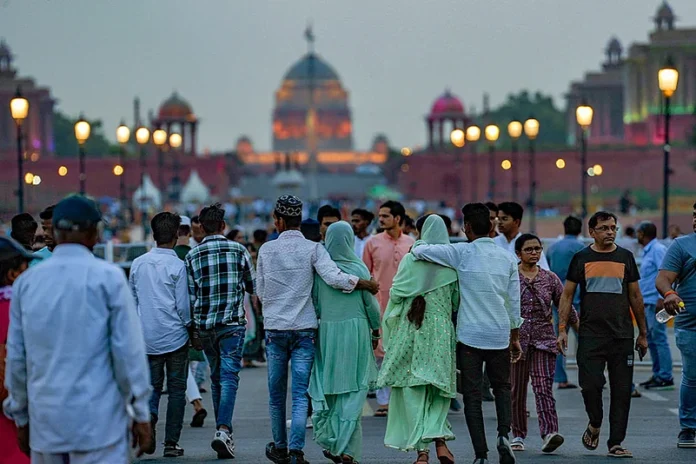India has been ranked the 4th most equal country in the world, according to the latest World Bank report on global inequality and income distribution. The landmark recognition reflects India’s substantial progress in ensuring inclusive economic growth, equitable income distribution, and access to public services, placing it ahead of many developed and emerging economies.

This is the highest ranking India has achieved in global equality indices and marks a sharp improvement from previous years, when the country ranked in the mid-to-low tiers on most such indicators.
Key Drivers of India’s Equality Gains
According to the World Bank’s findings, India’s improved position is the result of coordinated policy measures across multiple sectors. Key contributors include:
-
Expansion of welfare schemes such as PM Garib Kalyan Yojana, Ayushman Bharat, and direct benefit transfers (DBTs)
-
Increased rural employment generation under MGNREGA and new skilling initiatives
-
Progressive tax policies and subsidy reforms aimed at redistribution
-
Greater access to healthcare and education, especially in Tier II and Tier III regions
-
Financial inclusion through Jan Dhan accounts, UPI, and digital banking services
The report highlighted how India has narrowed regional and social disparities through targeted fiscal spending and technology-driven governance models.
Measuring Equality
The report uses a combination of indicators, including:
-
Gini coefficient (a measure of income inequality)
-
Access to education and health services
-
Income and consumption growth across population quintiles
-
Gender and rural-urban wage parity
-
Public expenditure efficiency
India’s Gini coefficient has steadily declined, indicating a more balanced income distribution than in previous decades. Additionally, consumption and income data suggest the bottom 40% of the population has seen faster income growth compared to the top 10%, a reversal of earlier trends.
Global Context
India’s ranking at 4th place puts it ahead of many traditionally egalitarian nations, including parts of Western Europe and Latin America. The top five most equal countries in the World Bank’s 2025 index are:
-
Norway
-
Slovenia
-
Belgium
-
India
-
Finland
The report praises India’s model for combining economic liberalization with strong social protections, describing it as a “case study in inclusive development in a populous, diverse democracy.”
Expert Reactions
Economists and policy analysts in India have welcomed the recognition, calling it a validation of the government’s inclusive growth strategy.
Dr. Meera Kulkarni, an economist with the Centre for Equity Studies, noted:
“This ranking affirms the power of structured redistribution, digital governance, and pro-poor policies in making a large economy more equal.”
However, experts also cautioned that challenges remain — including urban poverty, job quality, and informal sector vulnerabilities — which require continuous policy attention.
India’s new status as the 4th most equal country globally, as declared by the World Bank, reflects the nation’s shift toward balanced growth and social equity. As the government continues to prioritize human development, infrastructure access, and welfare delivery, India’s model may serve as a template for other developing economies striving for equality with growth.




